Khuzestan, Iran
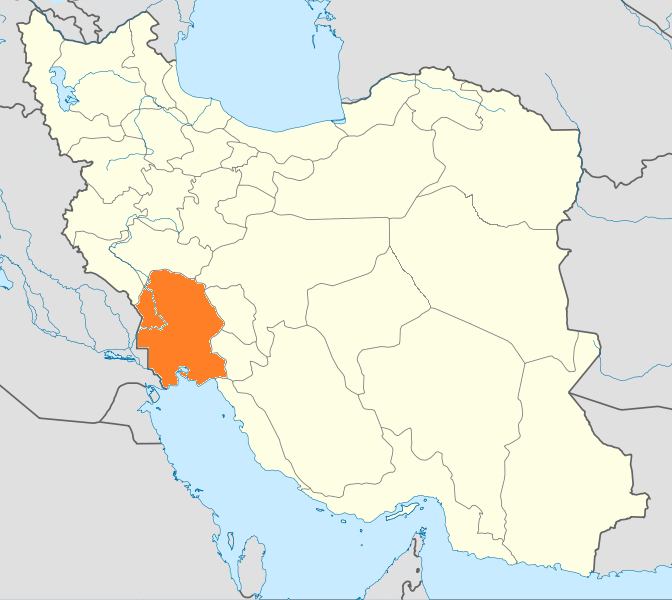
Khuzestan province, Iran (Image: Uwe Dering, Dr Blofeld, Wikimedia Commons)
Iran’s baking-hot, dusty province of Khuzestan doesn’t have a lot to draw the visitors in. It lacks the grandeur of Esfahan, the history of Shiraz, and the urban sensibility of Tehran. In fact in many people’s minds, Khuzestan is a part of Iran only in name; many locals are in fact Arabs, or at least speak Arabic, and the Sunni understanding of Islam is mainstream, as opposed to the rest of Iran where Shia dominate. The borders with Iraq and Kuwait are nearby – visible in some places – although measures to maintain the security of the region have been largely successful.
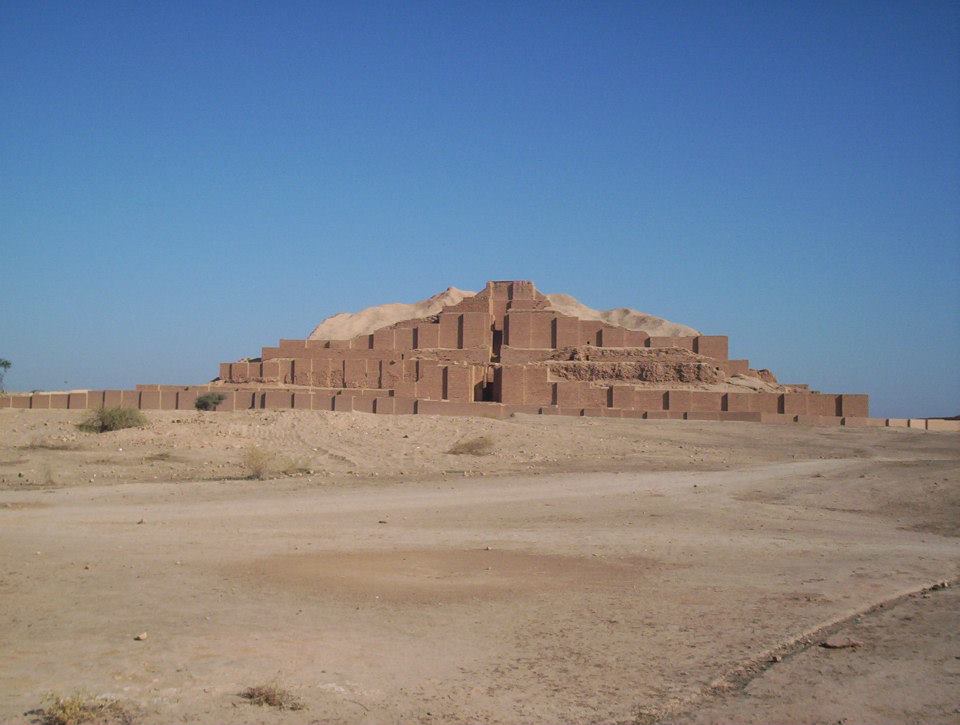
Chogha Zanbil, Iran
Even the provincial capital, Ahvaz, has three claims to fame; a “iconic” bridge over the dirty Karoon River; it won a competition in 2011 to find the most polluted city in the world (blame the nearby oil fields); and was the birthplace of Abu Nuwas, quite possibly the only classical Muslim poet to gain fame by penning drunken homoerotica. Really.
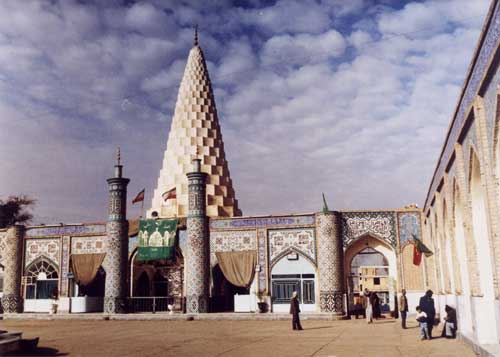
The prophet Daniel’s tomb in the town of Shush (Image: Wikimedia Commons)
The main attractions in this little-visited corner of Iran are the site which is widely considered to be the tomb of the prophet Daniel (“Danyal” in the Qur’an) and Chogha Zanbil, one of a few remaining ziggurats (block-shaped pyramids) in the region. Both lie near the regional city of Shush.
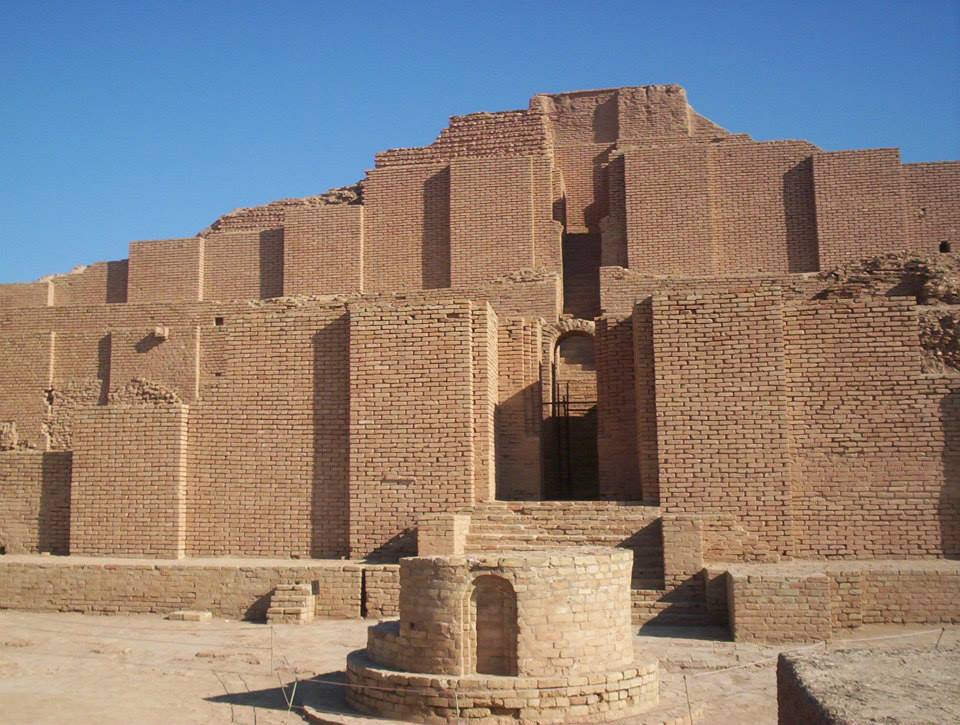
Chogha Zanbil, Iran
Chogha Zanbil is what is left of the once mighty Elam civilisation in this region. Not far from what is believed to be the site of the Hanging Gardens of Babylon (now in modern-day Iraq), visitors are allowed to walk around and all over the site – and you’ll most likely have it to yourself.
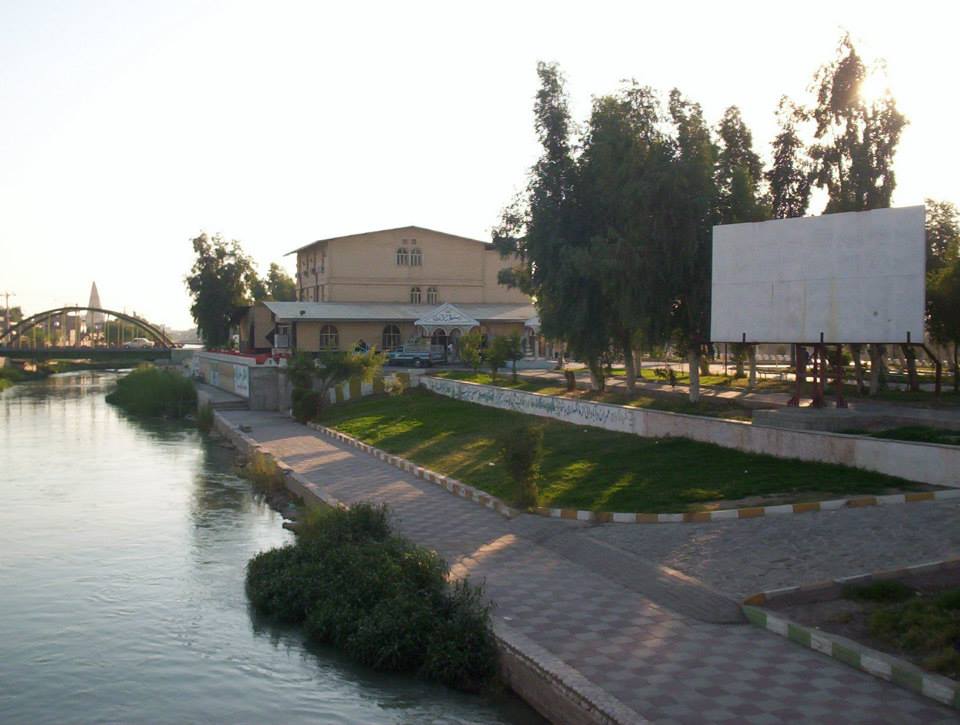
Modern Shush town, with the tomb of Daniel seen in the background, across the river.
The site dates back 3000 years, and is said to have once been a ‘town’ with all required services. Why the civilisation disappeared is not clear, but its end predates the arrival of Christianity and Islam to the region by several hundred years.
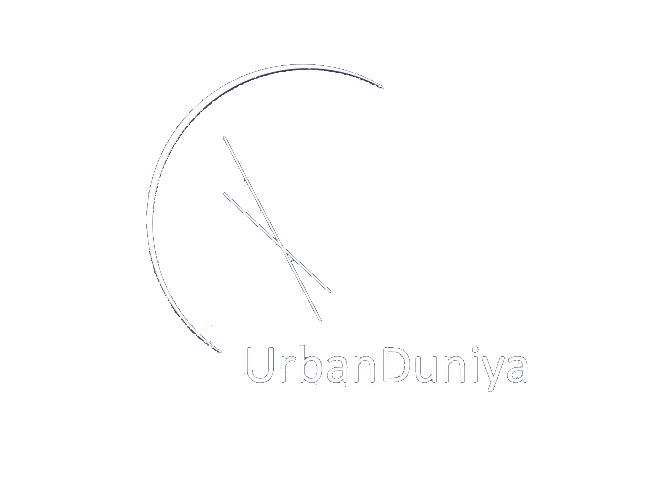
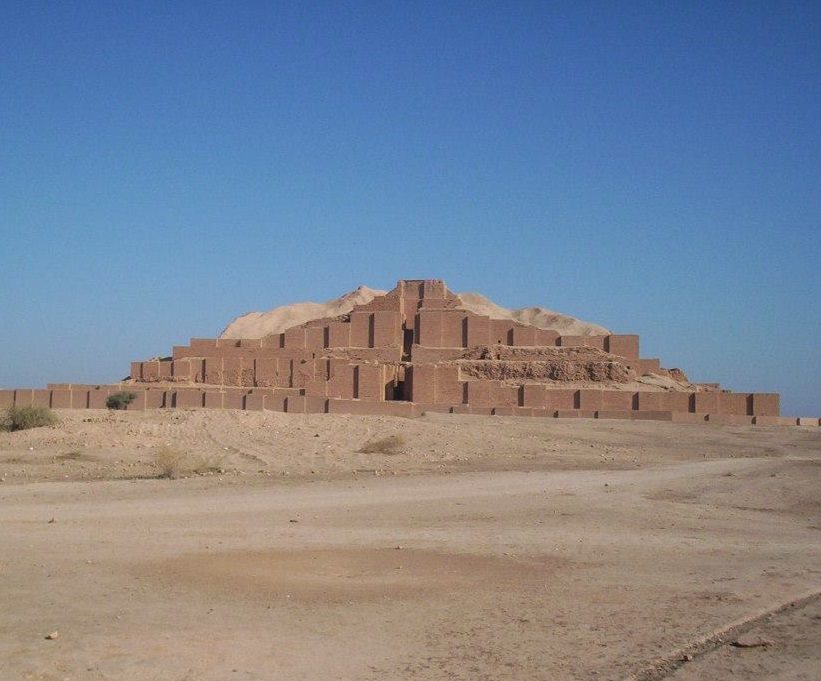
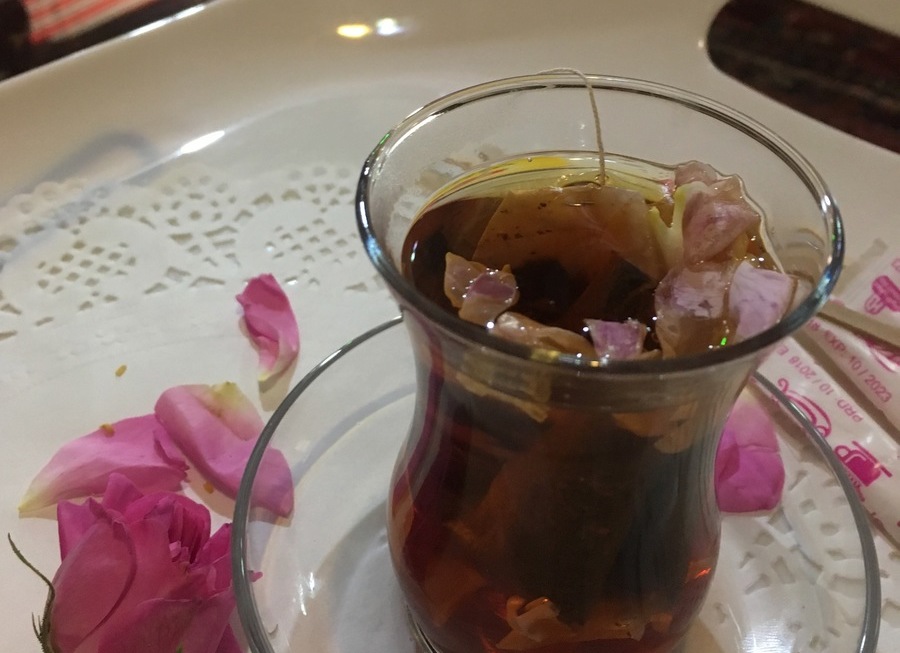


Wonderful informative story. I would not mind going there at all. At least I would get some peace and quiet from Sydney suburbia!
It would certainly make a drastic change! Thanks for reading.
wow fantastic that you were able to get to such a remote spot. How was travel there?
It was pretty easy actually, but then I spoke a little Farsi which helped. It certainly wasn’t un-doable… And I met a few other foreigners in Ahvaz.